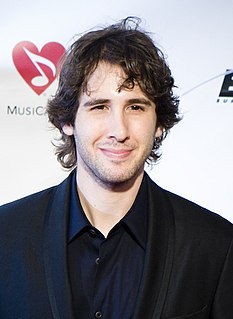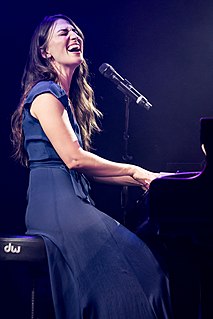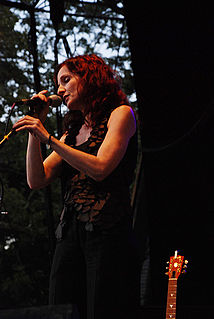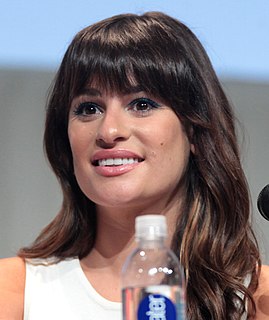A Quote by Gary Shteyngart
I write five, six days a week. The thing is capturing the voice. I feel like I've been perfecting one voice - in different iterations, sure, but the Russian-ness has always been the undercurrent.
Related Quotes
Write like you write, like you can't help but write, and your voice will become yours and yours alone. It'll take time but it'll happen as long as you let it. Own your voice, for your voice is your own. Once you know where your voice lives, you no longer have to worry so much about being derivative.
I think most of us, as writers, have had experiences where you get edited and it doesn't feel like your voice at all. And so it's been nice to go through the experience of having a lot wind up on the cutting-room floor, and yet still feel that your voice is being - not purified, but made more yourself. I think that's a very rare thing.






































